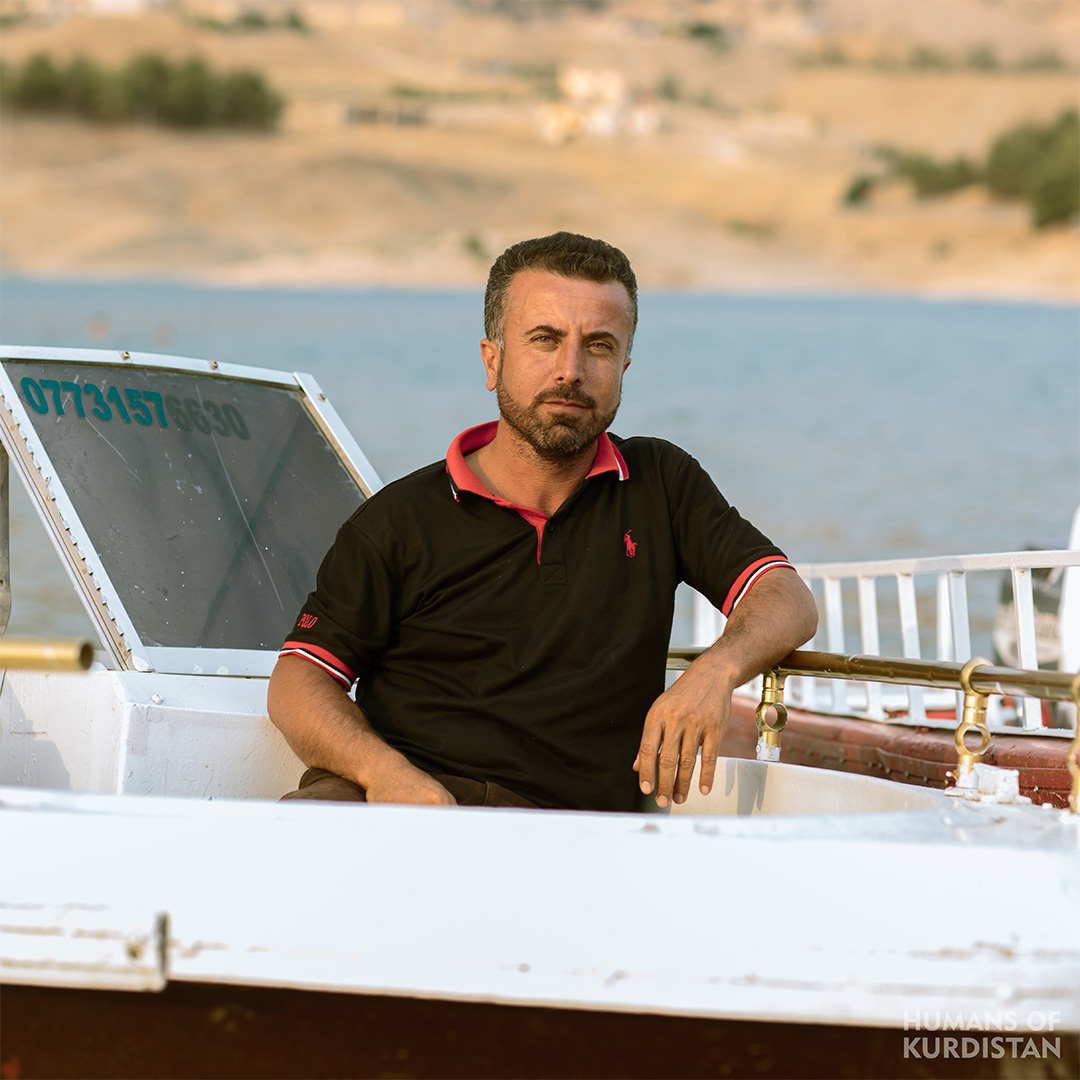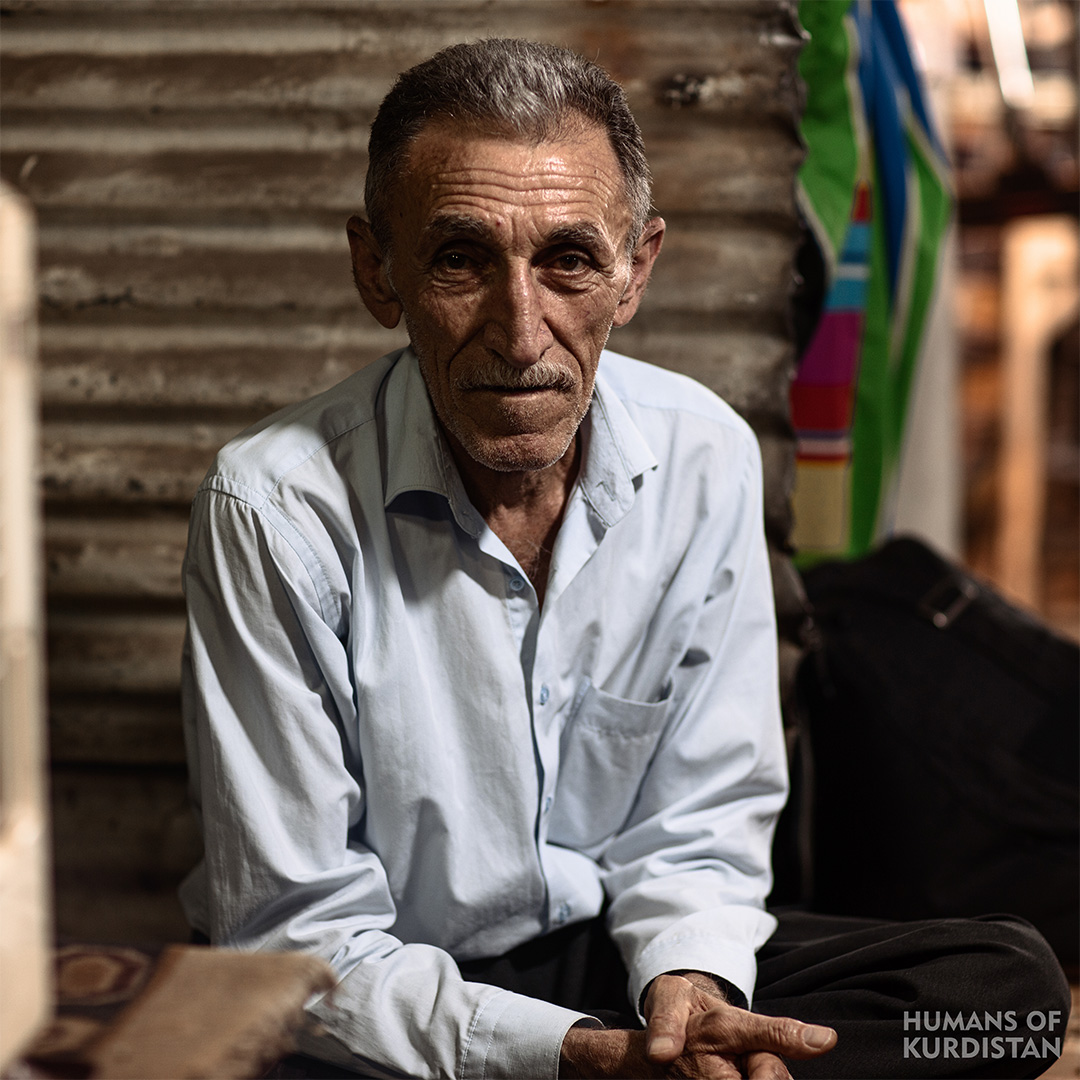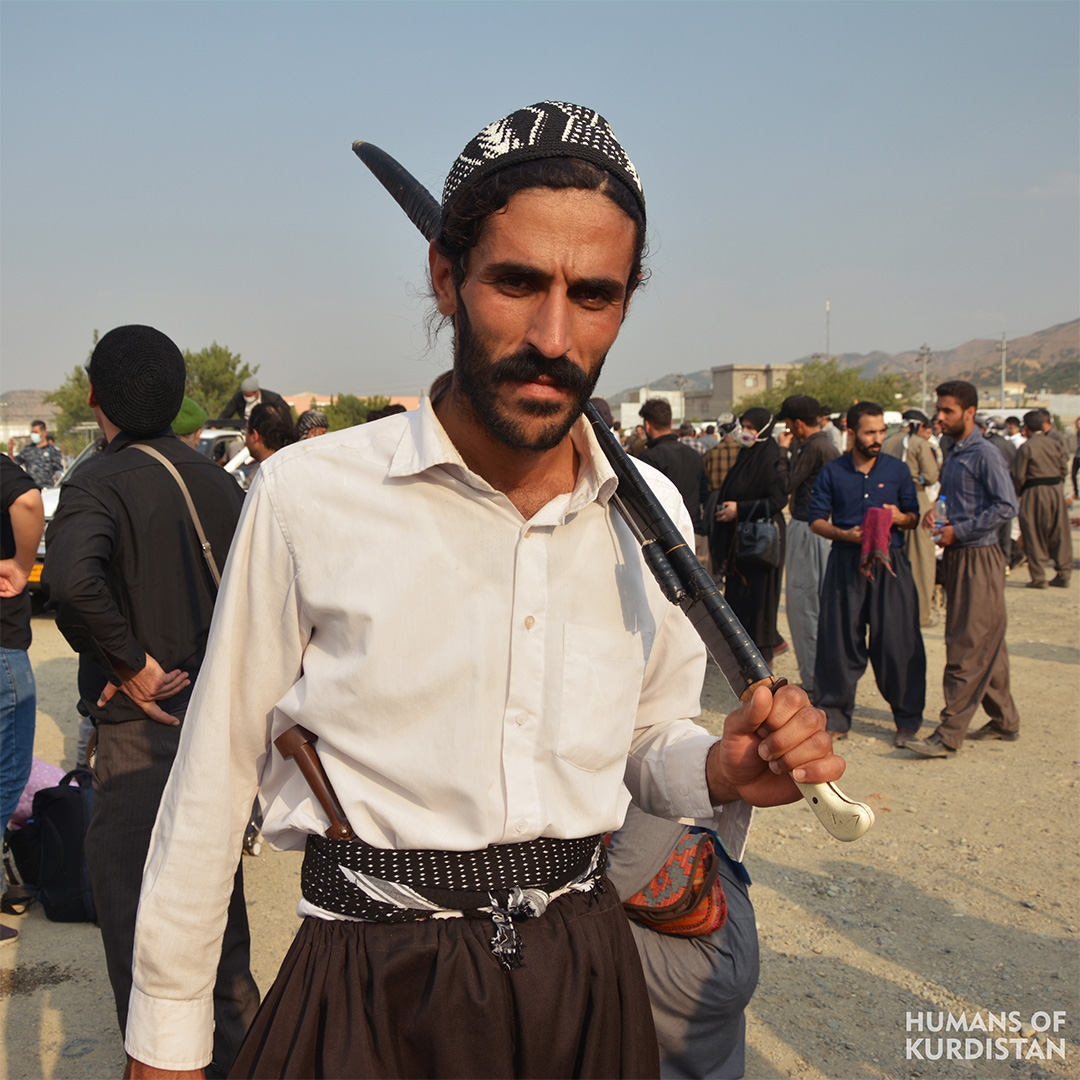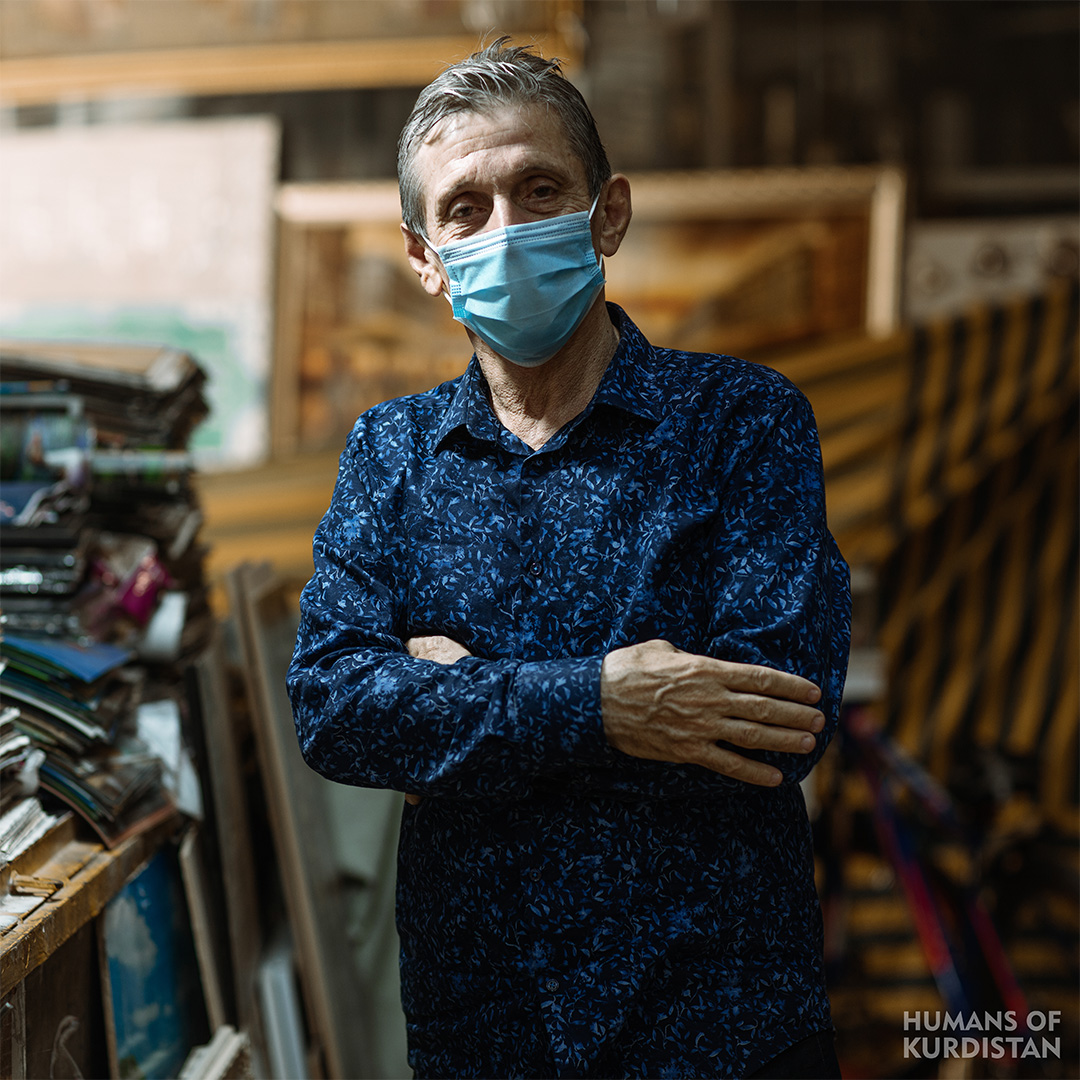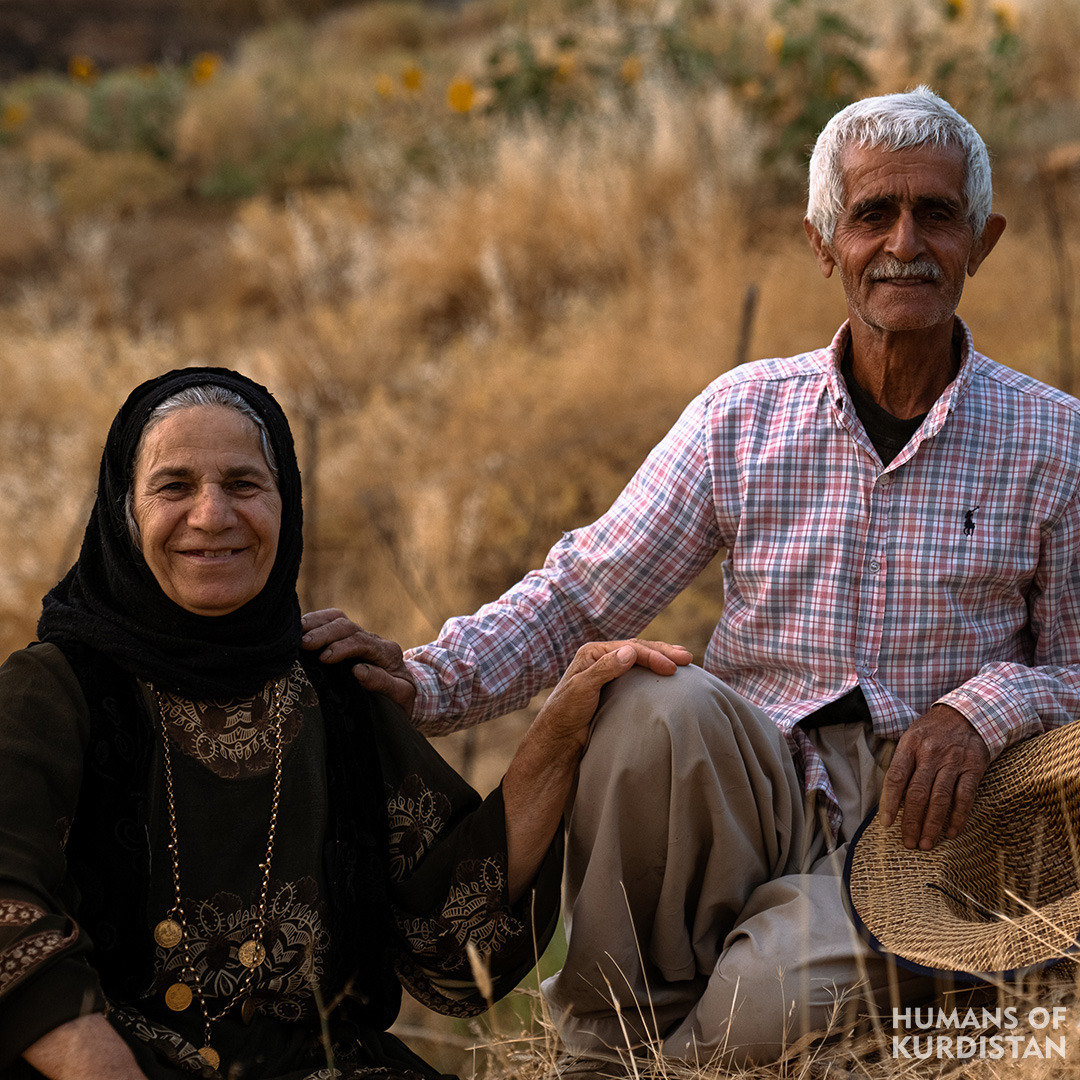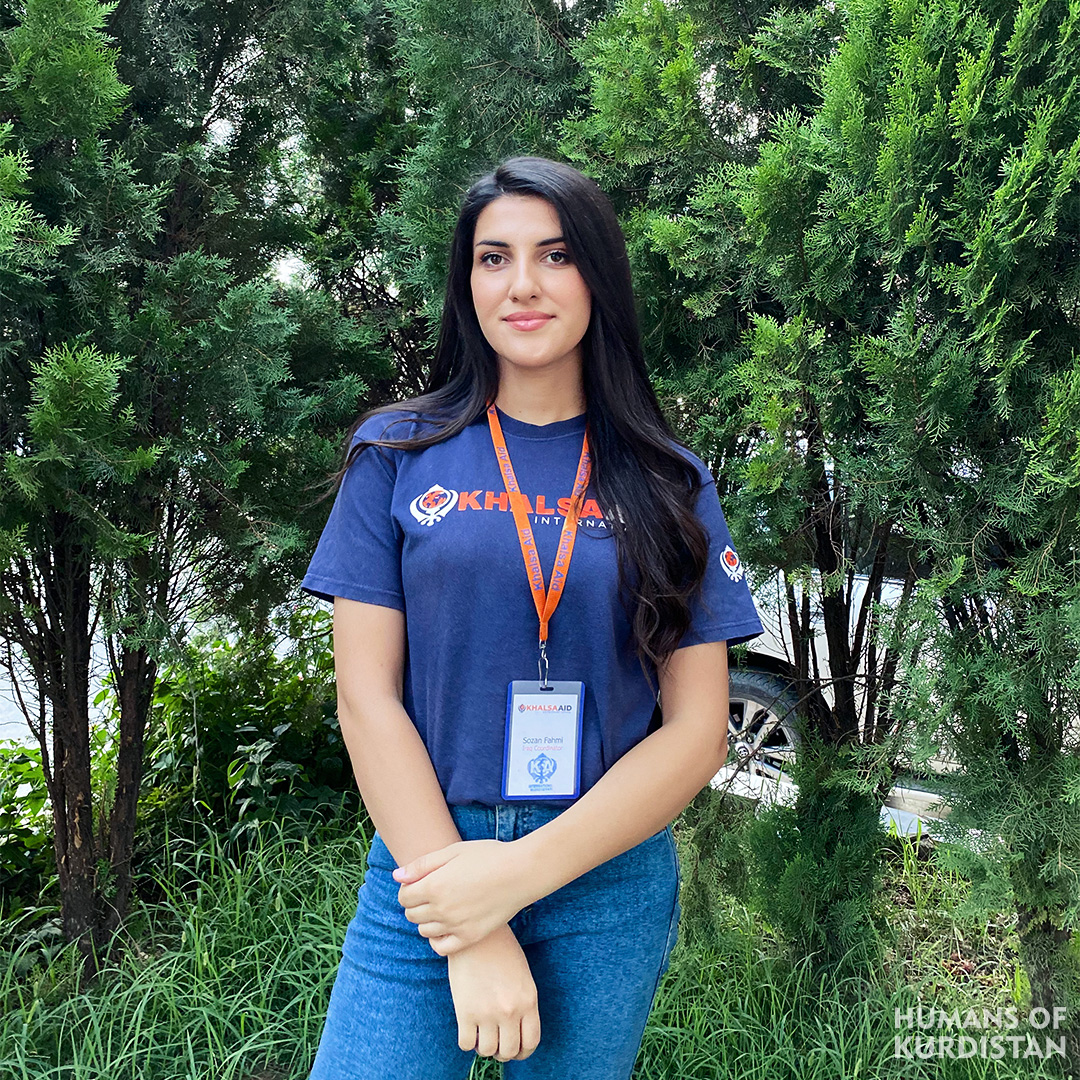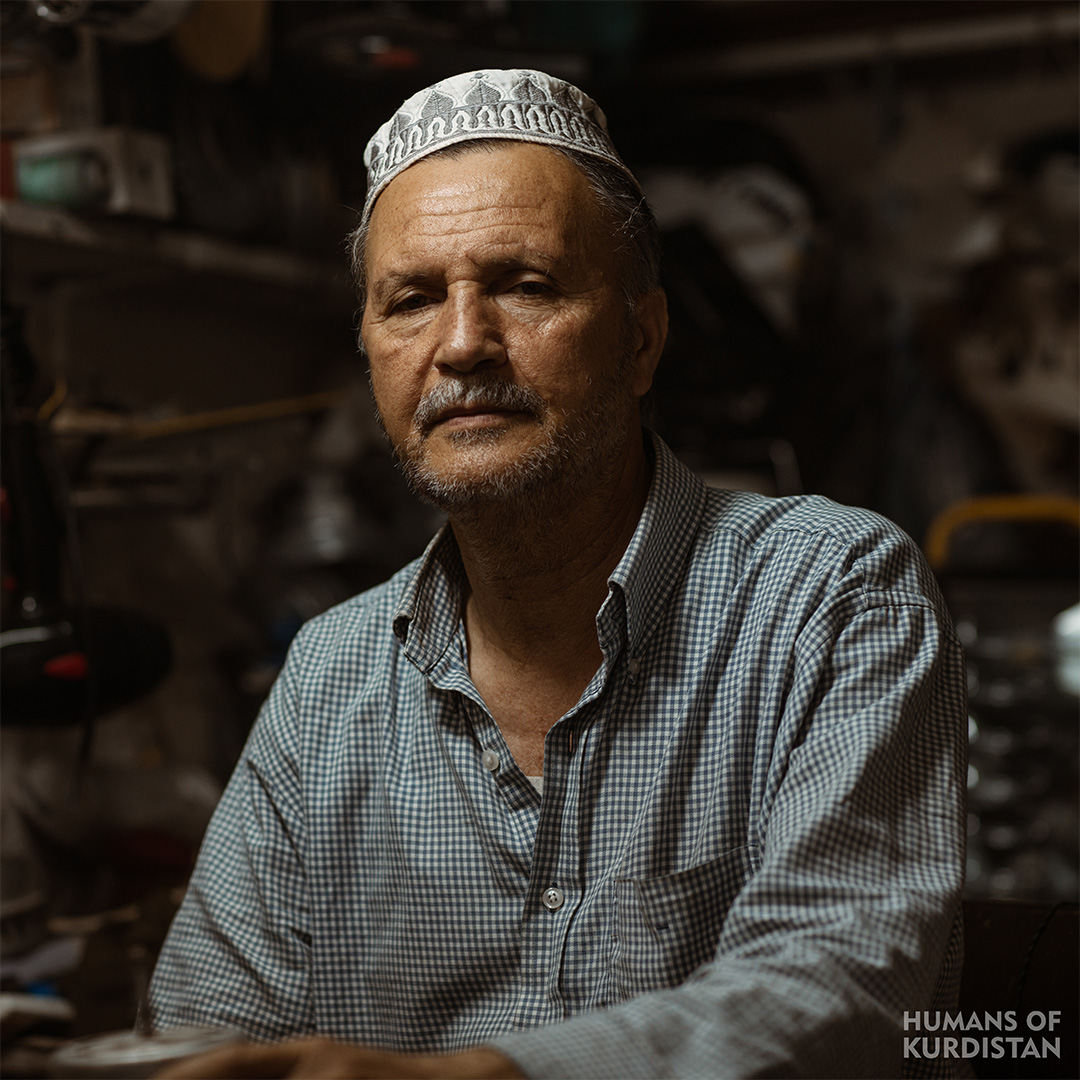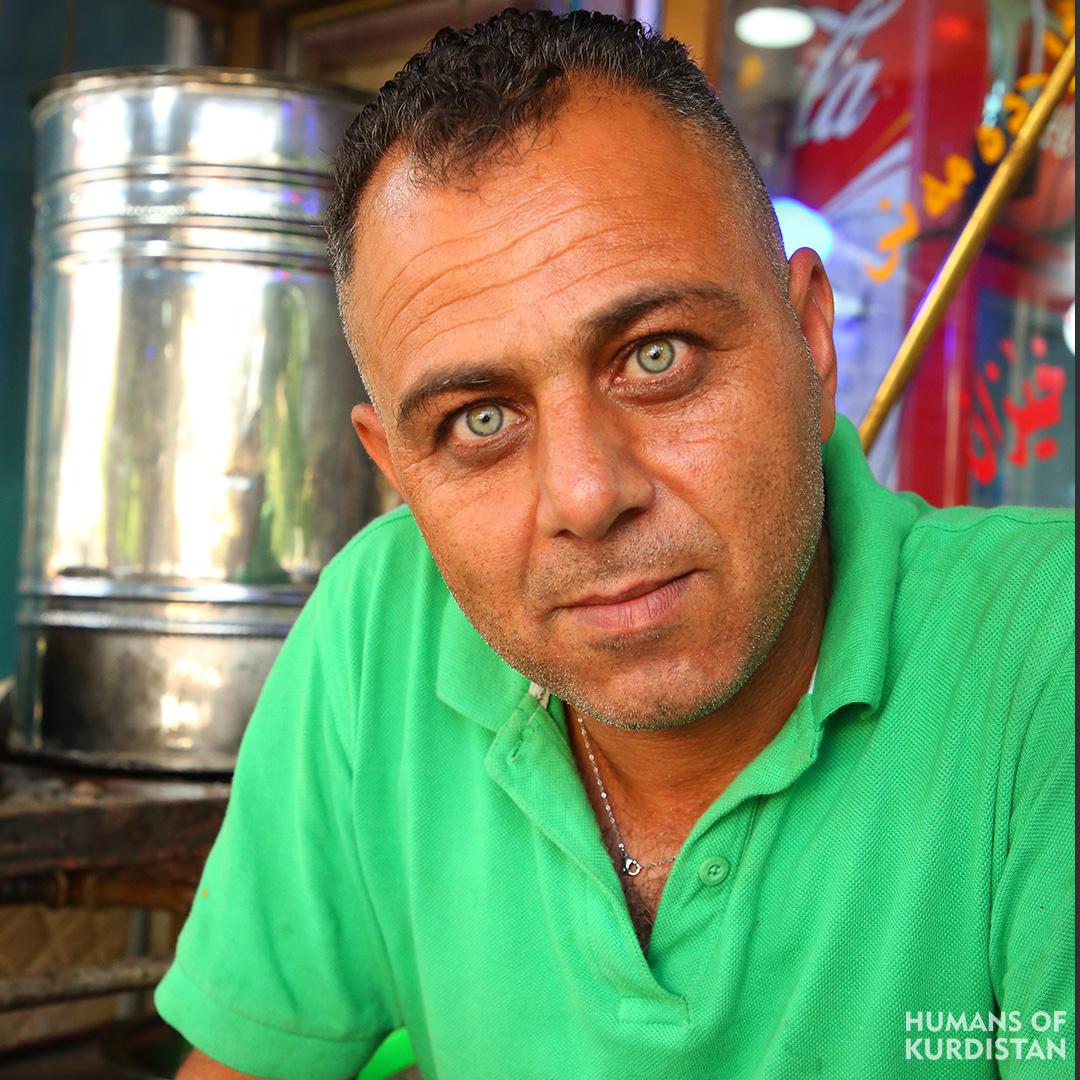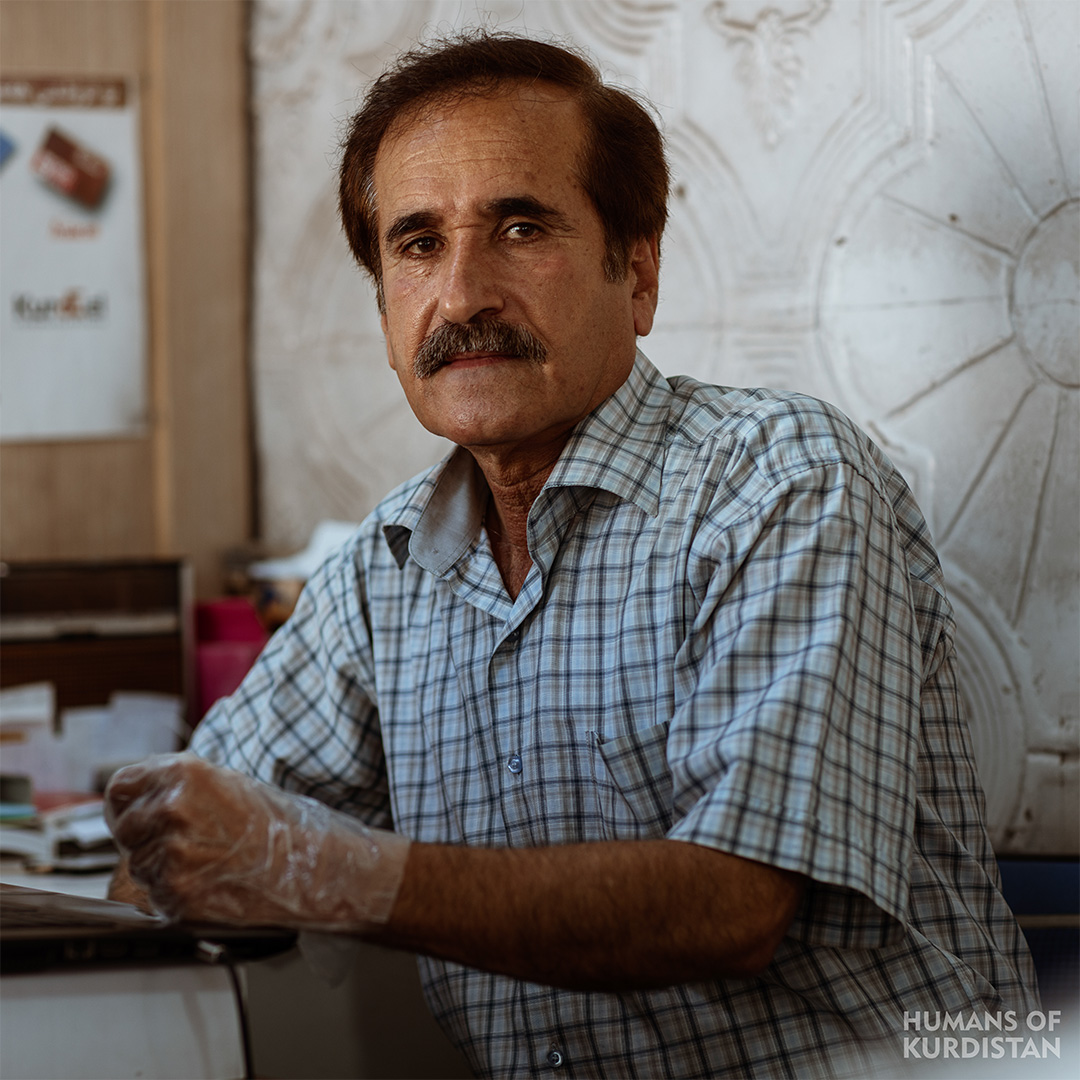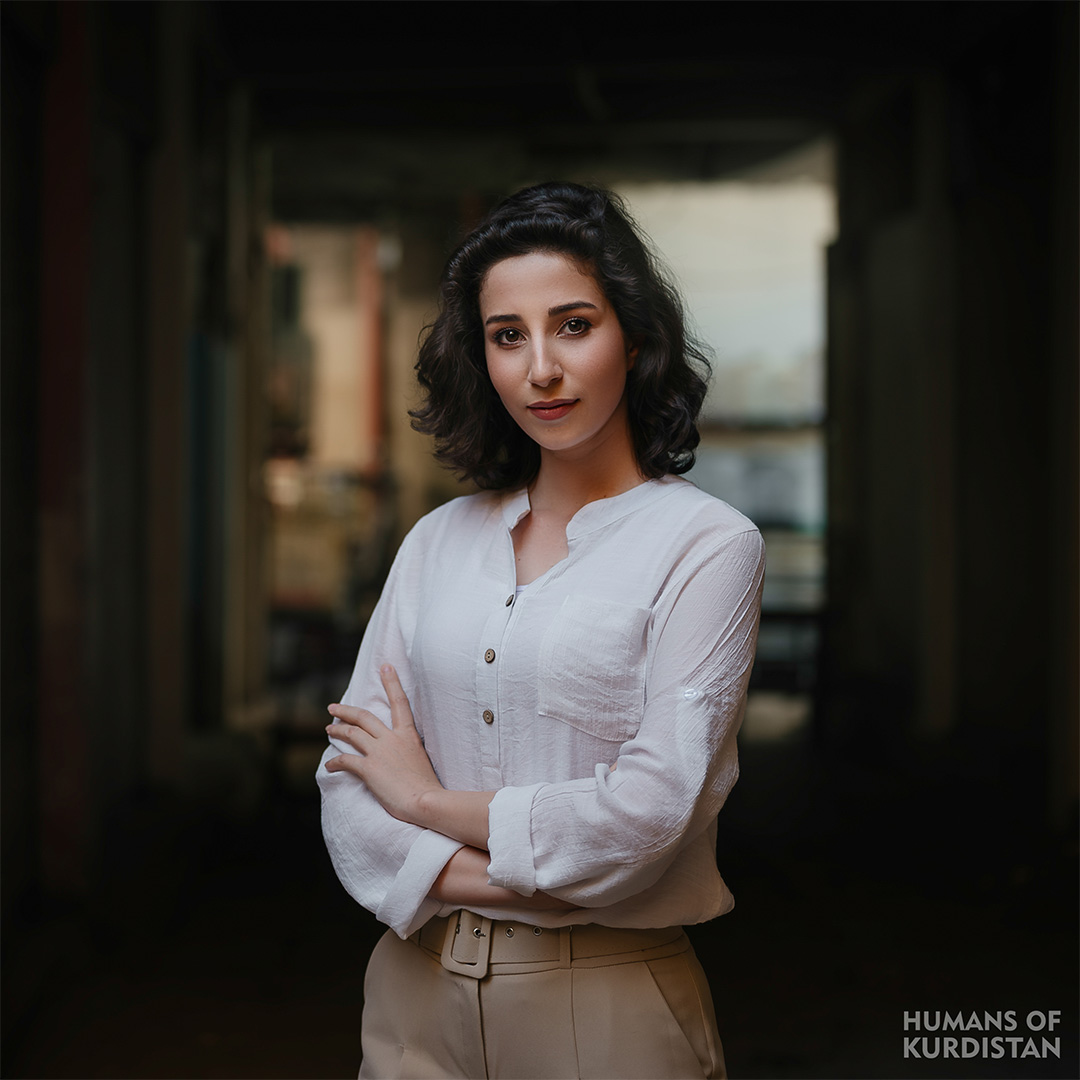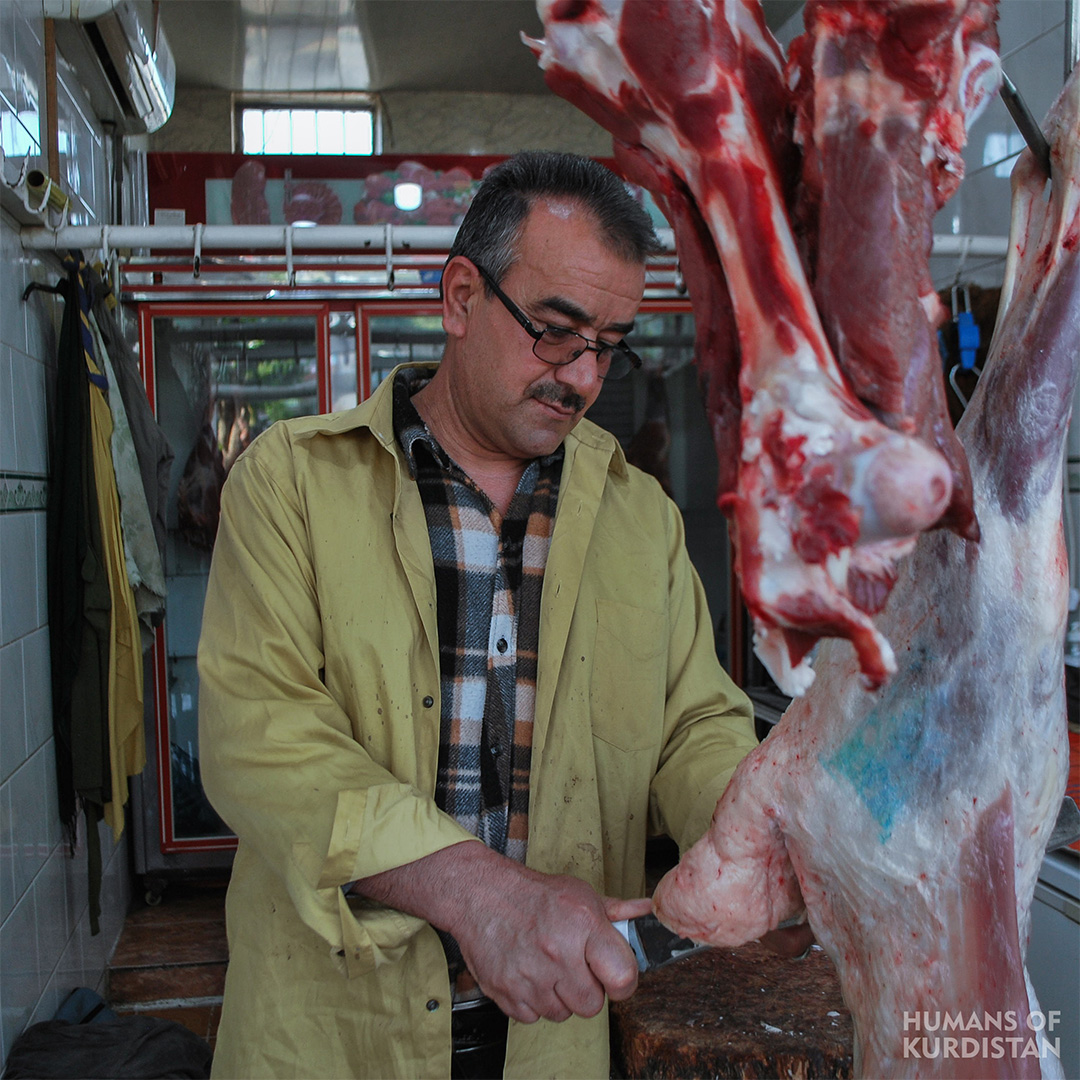July 28, 2020
“Tourists visit this area every year around 2 seasons, spring and summer, although the number of tourists has decreased in the past few years and especially now due to the Coronavirus, people travel less for fear of the virus.We are a group of boatmen here, I have personally been doing this for 2 years. There are beautiful locations in the lake that people cannot see unless with a boat, so peope request a lot of those locations, among them: the Dukan dam, Buk u Zawa, and among the mountains. We have turbo jets which we use to take tourists around. Sometimes when we take people there for the first time, it shows on their faces how happy they are. That has its own delight, at those moments, I feel like I own the locations.” ...


